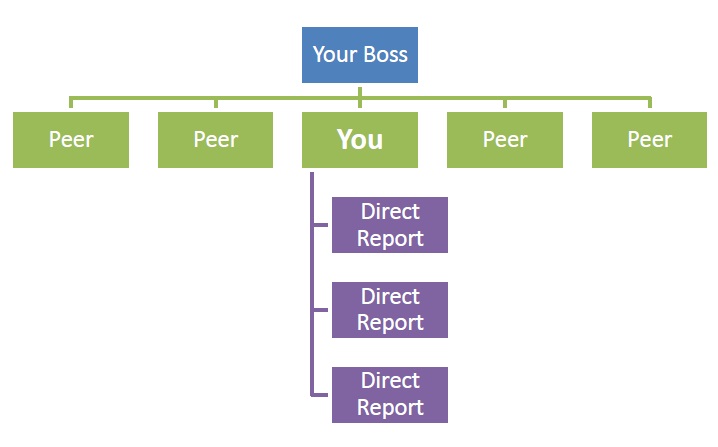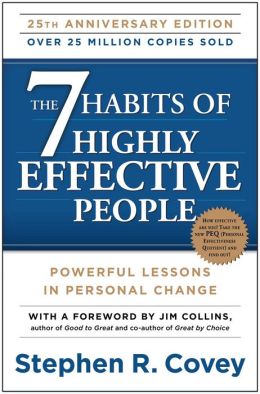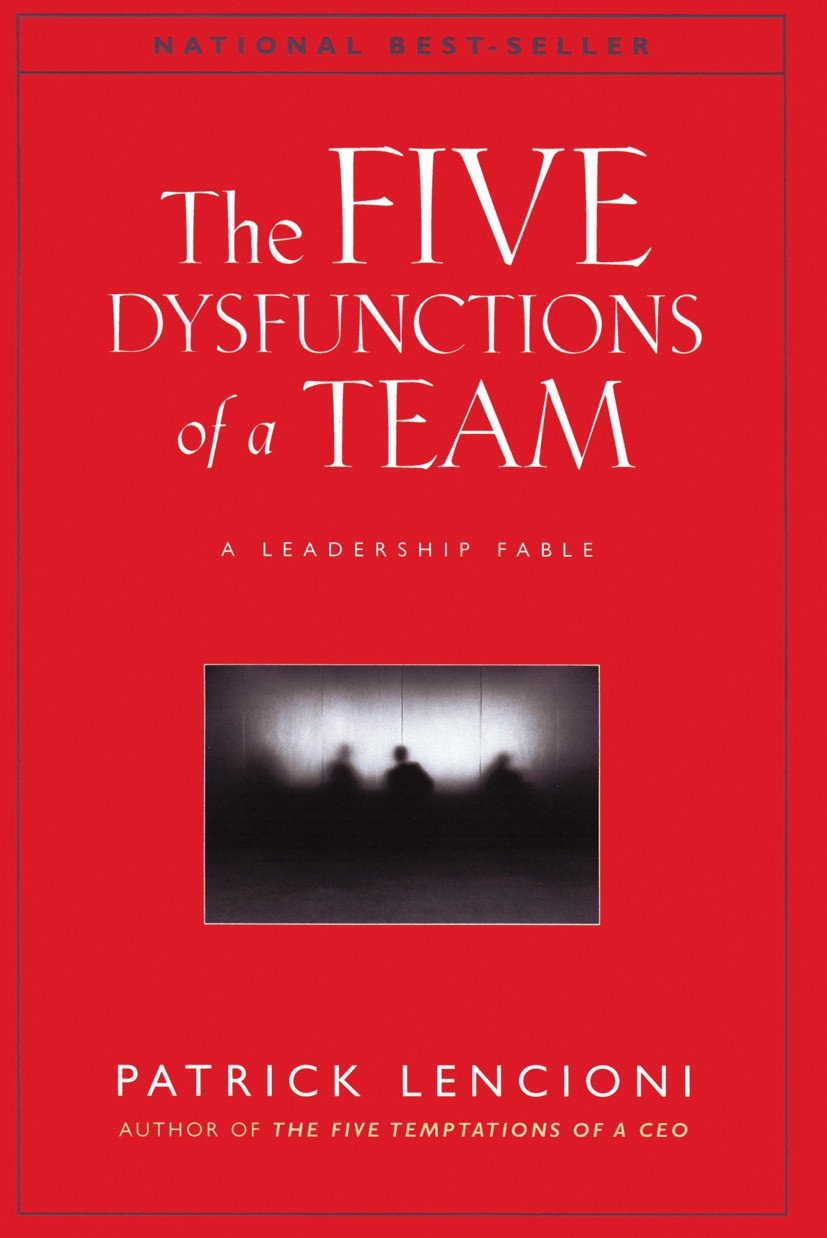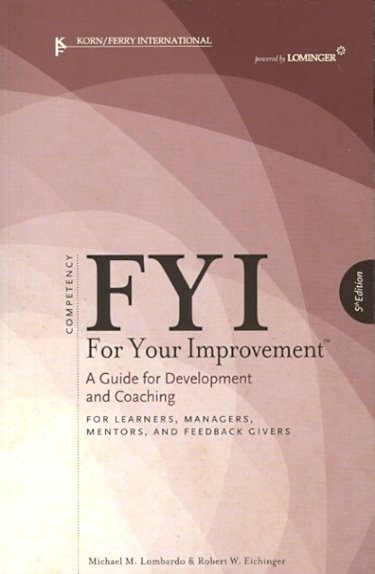360 Degree Feedback
360 Degree Feedback can be very valuable, but the value gained is dependent on your willingness to ask for and act on it.
So what is it? Also known as "multi-rater" feedback, it is a method for gathering information to assess performance. It can help determine what is going well and what could be changed/improved.
It allows you to get the "view from all sides" - including your blind side.
Getting another's perspective on your performance (be it positive or negative), will help detect "blind spots." You will want to know these because blind spots have the potential to become career stallers or stoppers.

360 Degree Feedback
Gathering feedback from multiple sources can be as simple as asking the following questions:
- What is working well?
- What is not working well?
- What are some suggestions for improvement?
Armed with this information, you can develop strategies to maximize your performance, leverage your strengths and minimize weaknesses.
You must be willing to ask for and act upon the feedback received. And you must ask those who will tell you what you need to know, not just what you want to hear.
I recommend including internal AND external stakeholders.
Internal
As it relates to job performance, 360 Degree Feedback is an excellent way to get reactions/responses from:
- Your Leader/Boss
- Your Direct Reports
- Your Peers

External
External parties with whom you interact includes, but is not limited to: Customers, Suppliers, Community Groups, etc.
Most companies, if they want to remain competitive, seek feedback from customers, since customers are your bread and butter.
Also, converting a prospect to a customer is quite costly. Therefore, it is in the organization's best interest to keep a pulse on your customers' experience.
If your company is not doing this on a consistent basis, please make plans now to make that happen soon.
A Word From Coach Gwen
If you are not doing so already, I really hope you will step out of your comfort zone and seek feedback on ways you can improve your performance.
Should you decide to do so, these steps will help:
- Thank the person who gives the feedback, even if you disagree. (This is not the time to defend yourself. This is the time to understand and digest the feedback.)
- Tell them the next steps ("Now that I have your feedback, I will....")
- Follow-up to let them know you plan to act on the feedback. (Step 2 above should include an approximate date for following up.)
Note: Please let me know how it goes. I would love to hear from you.

Want To Know More?
Get in the habit of asking both Internal and external parties for feedback. And take appropriate action so your performance will progress from "Good to Better to Best."
This research on the "Impact of Direct Report Feedback and Follow-up on Leadership Effectiveness" gives insight on the value of asking for and responding to feedback.
Improve Your Relationship with Your Boss
Are you looking to improve your relationship with your boss? If so, the Boss Relationship Worksheet will help you better understand and communicate more effectively with your immediate supervisor.
To download your copy, submit your information on the form below.
After completing the Boss Relationship Worksheet, you will find that the following will prove helpful in showing you how to cultivate a better working relationship with your boss:
 |
I published my first book and I am beyond excited.
Get your FREE copy of Called to Lead!
ORDER PRINT HERE
Leaders don't
create
followers.
Leaders
create
other
leaders.
- Tom Peters













